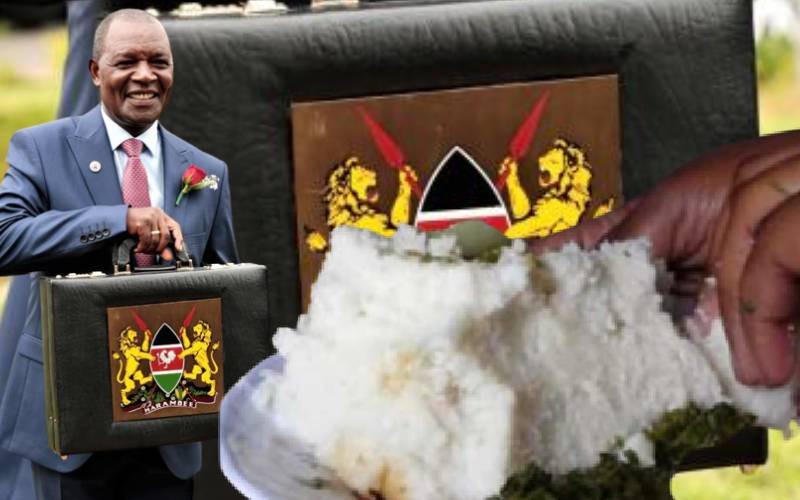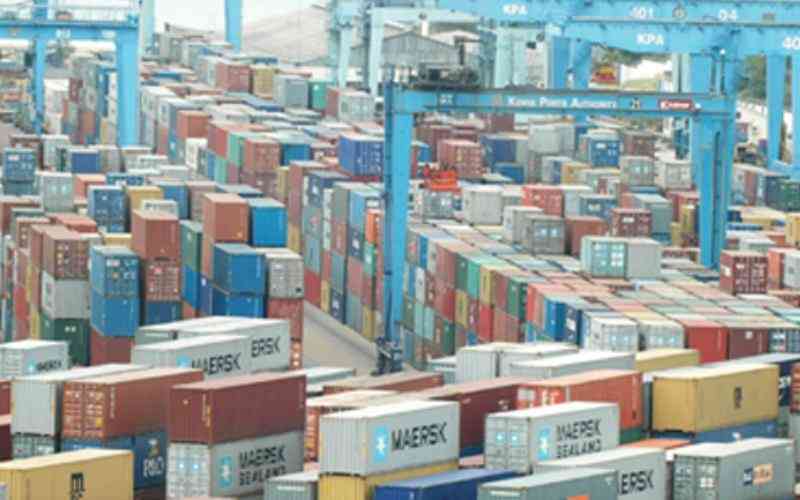×
The Standard e-Paper
Join Thousands of Readers

Even as Kenyans feel the government has been deaf to their pleas not to increase taxation, Treasury has noted that the leadership has indeed listened to Kenyans and put in place measures to alleviate the high cost of living.


